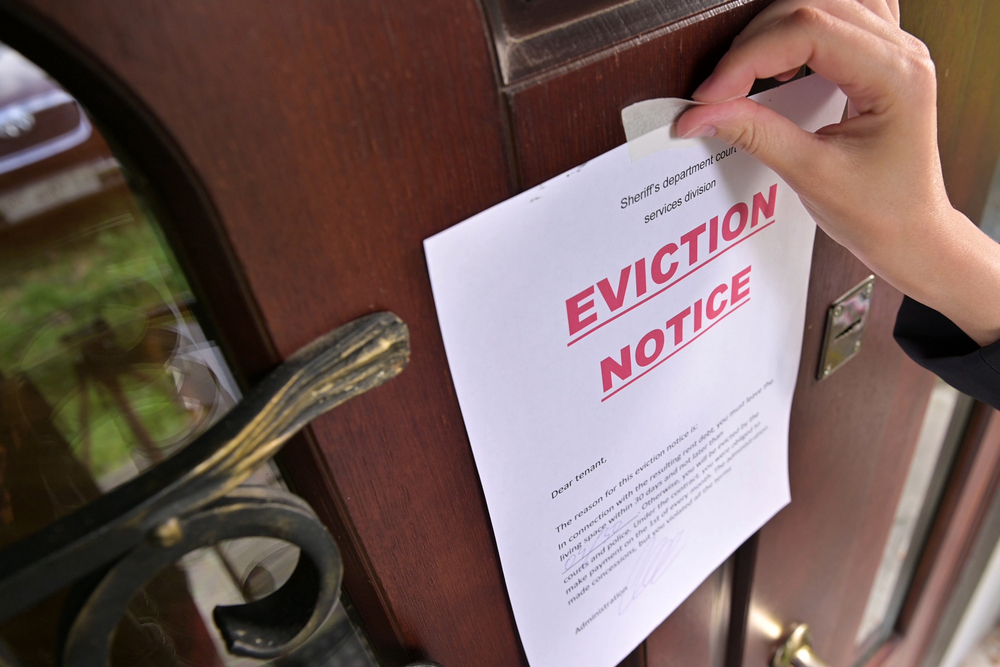When the coronavirus hit, many worried about their health. But there was another major concern: Housing.
As businesses closed and jobs were lost, people wondered if they’d soon be living on the streets. Eviction moratoriums from the government stepped in to save the day, but they constantly change and certainly won’t last forever.
We won’t focus on coronavirus eviction moratoriums in this article. Instead, we’ll look at ways you’re protected from eviction due to laws that have been in the books for years.
By knowing your rights, you can defend yourself against a landlord who wants you off of their property, even though you have every right to remain.
Situations Where a Landlord Cannot Evict You
Retaliatory Eviction
It’s no secret that some tenant-landlord relationships can be strained. But just because an argument arises doesn’t give the landlord the right to put you on the street. Even if they try, it’s considered retaliatory eviction, which is illegal.
If you and your landlord argue over nonpayment of rent or a breach of contract, they can evict you. But other arguments are not a basis for eviction. Here’s an example:
There was a leak from the upstairs apartment. It caused water to run down to your unit, soaking your walls, carpet, ceiling, etc. Eventually, mold appeared, causing a severe health issue. Due to the cost of treating the mold, your landlord let it go and get worse, causing you to file a complaint with the health department.
Upon finding out that you filed a complaint, the landlord hit you with an eviction notice. This is illegal, though, since it’s retaliation for not fixing the mold issue.
Discriminatory Eviction
A landlord cannot legally evict you out of retaliation. And they cannot do it based on discrimination, either.
If the landlord doesn’t like you based on these protected classes, they cannot hold that against you:
- Race
- National origin
- Sex
- Disability
- Color
- Familial status
- Religion
Discrimination cases can be sneaky. While some landlords may not want to rent to you due to race, for example, they may change their opinion later in the relationship. Here’s an example:
You had a great relationship with your landlord, as you lived in their unit with your wife for one argument-free year. You just shared the news that your wife is pregnant, however, and your landlord has now changed their tune.
They want to evict you, but you cannot figure out why. Then a neighbor says your landlord wants you out because they don’t want to deal with a screaming newborn and all the mess they can make. This is illegal, discriminatory eviction based on your familial status.
Withheld Rent Eviction
A landlord can kick you out for not paying the rent. But if you pay a portion of the rent because they owe you for failure to fix a health or safety issue, that’s entirely different.
Let’s say you paid one month’s utilities, even though your landlord agreed it was their responsibility. You did so to keep the lights on.
When the next month’s rent was due, you paid it, minus the utilities cost. Your landlord responded with an eviction notice for not paying rent, which is illegal since they failed to do their part.
Protected Tenant Eviction
If you are a protected tenant in your county or state due to your age or living in the unit for a specific period, you cannot be legally evicted. In fact, you may even be able to stay in the case of nonpayment of rent.




